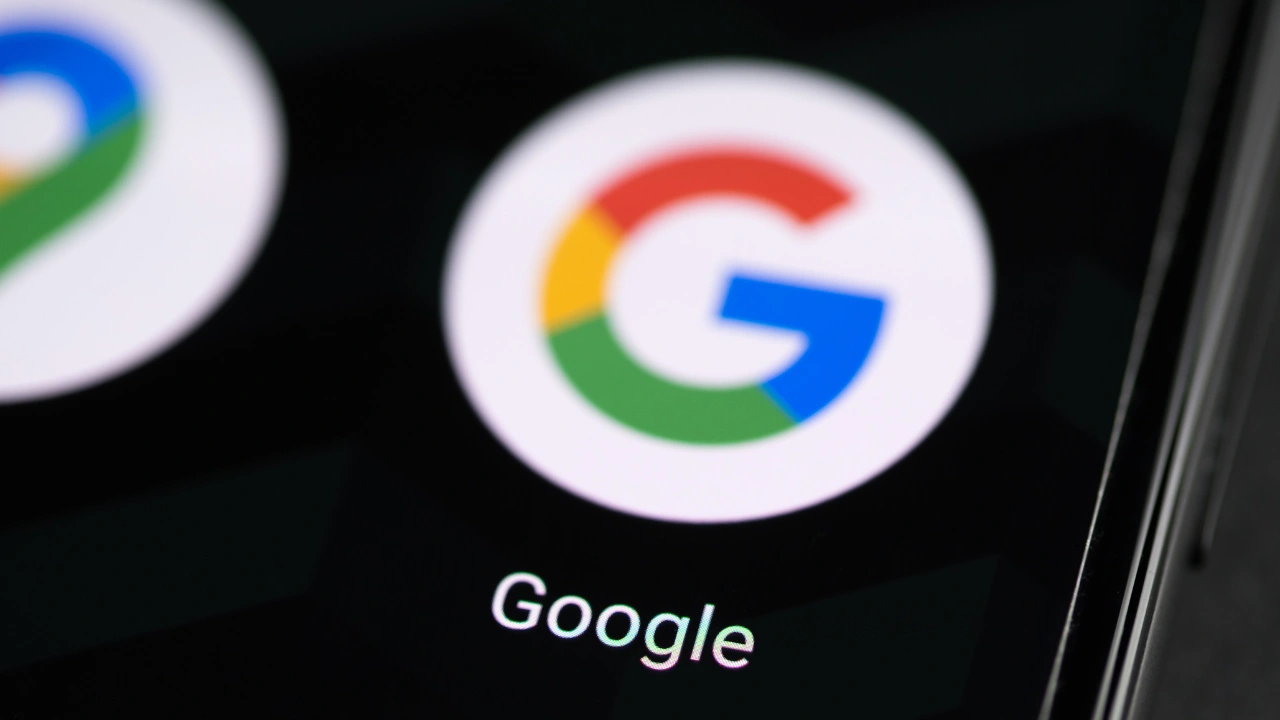The upcoming revival of tech entrepreneur and investor Kevin Rose’s social news site Digg has a crypto connection, as the social news platform is using embedded wallet platform Privy as an account authenticator for its revamped launch.
Privy is currently utilized in other popular Web3 applications like NFT marketplace OpenSea and token launchpad Pump.fun, allowing users to create a crypto wallet with just an email. That abstracts away technical complexities like seed phrases that have been barriers to adoption.
“Privy gives us all the modern and legacy authentication systems we’d like to support. Embedded wallets are a future-proof feature we’d like to have there from day one,” said Rose in a post on Circle, a community feedback platform housing Digg’s early contributors. “We want to preserve maximum optionality as we move into a world of trusted users, their attestations, and powering transparent AI agents.”
Rose, who co-founded Digg in 2004, announced in early March that he was bringing back the site alongside Reddit co-founder and fellow crypto enthusiast Alexis Ohanian.
“More on this later in the coming weeks as we will lift more of the curtain,” Rose wrote in his Thursday message.
Representatives for Digg did not immediately respond to Decrypt’s request for comment on how the platform may utilize crypto in the future.
Digg’s new CEO Justin Mezzell may have teased a potential use case in March when he told The Verge that a key challenge to making Digg work was “figuring out how to reward and promote users for doing good work"—a problem that is typically solved in crypto with token incentives.
Mezzell formerly worked with Rose as the COO of his Web3 company Proof, and was the artist behind the Ethereum NFT collection, Moonbirds. That project rose to prominence with a massively in-demand sale in 2022, just before the NFT market plunged.
The pair now return to Digg after departing Proof, which was acquired by Bored Ape Yacht Club creator Yuga Labs in February 2024. Proof leadership drew the ire of many crypto participants when the firm didn’t fulfill its ambitious plans after raising more than $60 million—$10 million of which came from Ohanian’s VC firm Seven Seven Six.
Edited by Andrew Hayward
















No comments yet